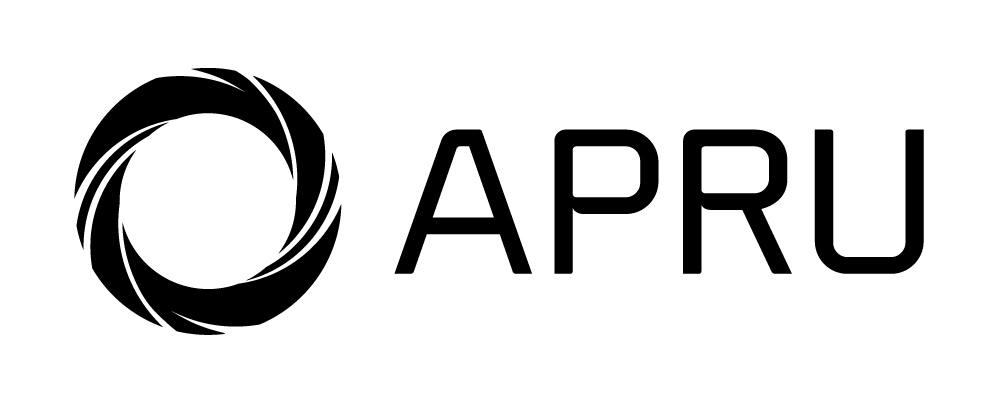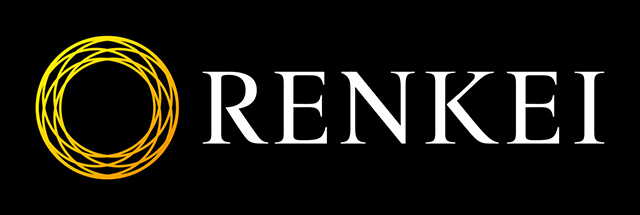International Consortia
1. APRU (the Association of Pacific Rim Universities)

As a network of leading universities linking the Americas, Asia and Australasia, the Association of Pacific Rim Universities (APRU) is the Voice of Knowledge and Innovation for the Asia-Pacific region. APRU was established in Los Angeles in 1997 by the presidents of UCLA, Berkeley, Caltech and the University of Southern California (USC). It now has a membership of the presidents of 60 leading research universities from around the Pacific Rim. APRU brings together thought leaders, researchers, and policy-makers to exchange ideas and collaborate on effective solutions to the challenges of the 21st century.
Please find more information below.
About APRU
Name
Association of Pacific Rim Universities(APRU)
Established
In 1997
Website
APRUAPRU Member Universities
60 universities from 19 economics of the Pacific Rim.
Please find member universities from the link below.
APRU Members
APRU Virtual Student Exchange Program
APRU runs an online exchange program, called “Virtual Student Exchange Program (VSE)”. VSE academic courses in a range of disciplines offered by APRU member universities are free of charge to all APRU member university students, including undergraduate students at Kyushu University.
For more information on the APRU VSE Program and how to participate, please see the link below.
APRU VSE Academic Courses
Kyushu University can also offer courses to the VSE. If a faculty member in your department wishes to offer a course, please inform him /her to fill out the form and submit it from the following URL. Both existing and new courses can be offered, but the final decision on whether or not to offer a course will be made through consultation between the department offering the course and the International Office, taking into consideration the balance with other courses offered.
Offering courses for APRU VSE(Kyushu U staff only)
Pacific Rim Challenges
- Asia Pacific Women In Leadership (APWIL)
- Digital Economy
- Global Health
- Multi-Hazards
- Pacific Ocean
- Population Aging
- Sustainable Cities and Landscapes
- Sustainable Waste Management
- UN Sustainable Development Goals (SDGs)
2. MIRAI

MIRAI launched its activities as inter-university consortium between Sweden and Japan in 2017, which outset was the Japan-Sweden University Presidents’ Summit in 2015. The first MIRAI seminar was held at Lund University in October 2017 and since then, both countries had been working on academic exchange including the talent development of young researchers. MIRAI 3rd phase started its activities in January 2024 and proceeding with further academic exchanges and networking with diverse stakeholders represented by the industry sector.
Kyushu University supports the activities in both countries with its Stockholm Liaison Office, the base in Europe which established in 2020, serving as a contact point. In November 2022, Kyushu University hosted MIRAI 2.0 Research & Innovation Week (R&I Week) 2022 at Ito campus, and welcomed approximately 300 participants including young and senior researchers as well as doctoral students. In the following year, a delegation of 22 members from Kyushu University, including leadership, researchers and administrators, participated in the R&I Week hosted by Umeå University in Sweden. Taking that opportunity, Kyushu University hosted “MIRAI Open Day”, a symposium open to public in the city center of Stockholm.
Since 2024, Kyushu University has taken the role of coordinating university of MIRAI, for a tenure of three years. Kyushu University is committed to promote further exchanges between Sweden and Japan, and contribute to academic exchanges in-between.
Go to the link below for the information on the events that are open now.
About MIRAI
NAME
MIRAI project(2017-2019)
MIRAI 2.0 (2020-2022)
MIRAI 3rd phase (2024-2026)
Purpose of Project
Connecting Swedish and Japanese universities through research, education and innovation
Website
MIRAI Member Universities (3rd phase)
7 Japanese Universities, 10 Swedish Universities
(*Coordinating Universities)
※As of January 1, 2024
Japan
*Kyushu University, Hiroshima University, Nagoya University, Sophia University, Waseda University, Tohoku University, Okinawa Institute of Science and Technology Graduate University (OIST)
Sweden
Uppsala University, Linköping University, University of Gothenburg, Umeå University*, Linnaeus University, Karlstad University, Örebro Universit, Jönköping University, Luleå University of Technology, Stockholm School of Economics
MIRAI is addressing scientific issues within:
- Challenge 1: Health and an ageing population (Part of SDG 3)
- Challenge 2: Climate adaption, disaster and risk management and prevention (Part of SDG 13)
- Challenge 3: Resilient cities and communities – policies, strategies, local government and urban planning (Part of SDG 11)
- Challenge 4: Materials for Energy Conversion and Storage: renewable energy, solar energy conversion, electrification, sustainable processes and use of resources (Part of SDG 7)
Aims and Objectives
Aims:- Contribute to long-term research collaborations promoting excellent science between Sweden and Japan through activities such as externally funded joint research proposals and jointly authored papers.
- Promote mobility of researchers at an early stage of their career
- Deepen understanding of innovation systems and entrepreneurship in Japan and Sweden, and promote innovation and entrepreneurship in education and research
- Strengthen collaboration between Swedish and Japanese universities
- Researchers at an early stage gain knowledge, contacts and networks to become future leaders of joint Swedish and Japanese research and education activities
- To continue a dialogue between Swedish and Japanese funding agencies and companies for future joint funding opportunities
- To increase the understanding of each other’s culture and societal conditions as the basis for future cooperation activities
- To promote Sweden and Japan as a destination for research and higher education activities and as nations of world leading large scale research infrastructure
- To observe and utilise best practice in innovative and translational research involving academia, public authorities and industry
Activities
-MIRAI Project (2017-2019)- MIRAI Seminar (every fall hosted by JP/SE in turns)
- Subject Scientific Committee (SSC) in the areas; Sustainability, Ageing, Material Science plus Innovation
- Networking opportunities for young researchers and Ph.D. students (e.g. Workshop, Ph.D. short courses etc.) -MIRAI 2.0 (2020-2023)
- Expansion of research fields (in addition to the existing fields, AI and Social Science)
- Promotion of entrepreneurship, skill development and best practice among industry-academia-government (integration of thematic groups and Innovation & Entrepreneurship)
- Human resources development (HRD) targeting young researchers (who can lead the future education & research in Sweden and Japan)
- Enhancement of mid-career opportunities and promotion of long-term SE-JP research collaboration (enhancing collaborative research and co-authored papers)
- Organization of events by bottom-up initiative from researchers
- Annual event (Research & Innovation Week replaced with the former MIRAI seminar, satellite event, seed-funding and more) -MIRAI 3rd phase (2024-2026)
- Research areas reorganized in 4 themes, in relation to SDGs
- Interdisciplinary collaboration and industry-academia-government cooperation, utilizing track-records and the network
- Various prioritized initiatives in addition to HRD of young researchers
3. RENKEI – The Japan-UK Research and Education Network for Knowledge Economy Initiatives

RENKEI (Research and Education Network for Knowledge Economy Initiatives) is a consortium of universities in the UK and Japan, aiming at creating international research collaboration, working with government and industry sector, and thus contribute to the solution of challenges in the global society.
In the first phase, RENKEI focused on talent development of young researchers in its activities, as demonstrated in the practices such as developing and implementing together the program tailored for Ph.D. students and post-docs.
The second phase (2018 – 2025 including two-year extension) set the priority research theme, “Climate Change” and “Health”, and the collaborative projects by researchers from both countries are in progress.
Visit the link below for the information on events currently open.
About RENKEI
Name
The Japan-UK Research and Education Network for Knowledge Economy Initiatives(RENKEI)
Established
in 2012
Secretariat
British Council Japan
Website
RENKEI Member Universities
4 Japanese Universities, 6 UK Universities
Japan
Kyushu University, Keio University, Tohoku University, Ritsumeikan University
UK
University of Edinburgh, University of Southampton, Durham University, Newcastle University, University of Leeds, University of Liverpool
Activities
RENKEI member universities has set up various working groups, based on topics, and implements projects targeting researchers and schools for students.
Kyushu University has been proceeding with activities in RENKEI, taking part as a member of the “Climate Change” group.
 Global Gateways
Global Gateways